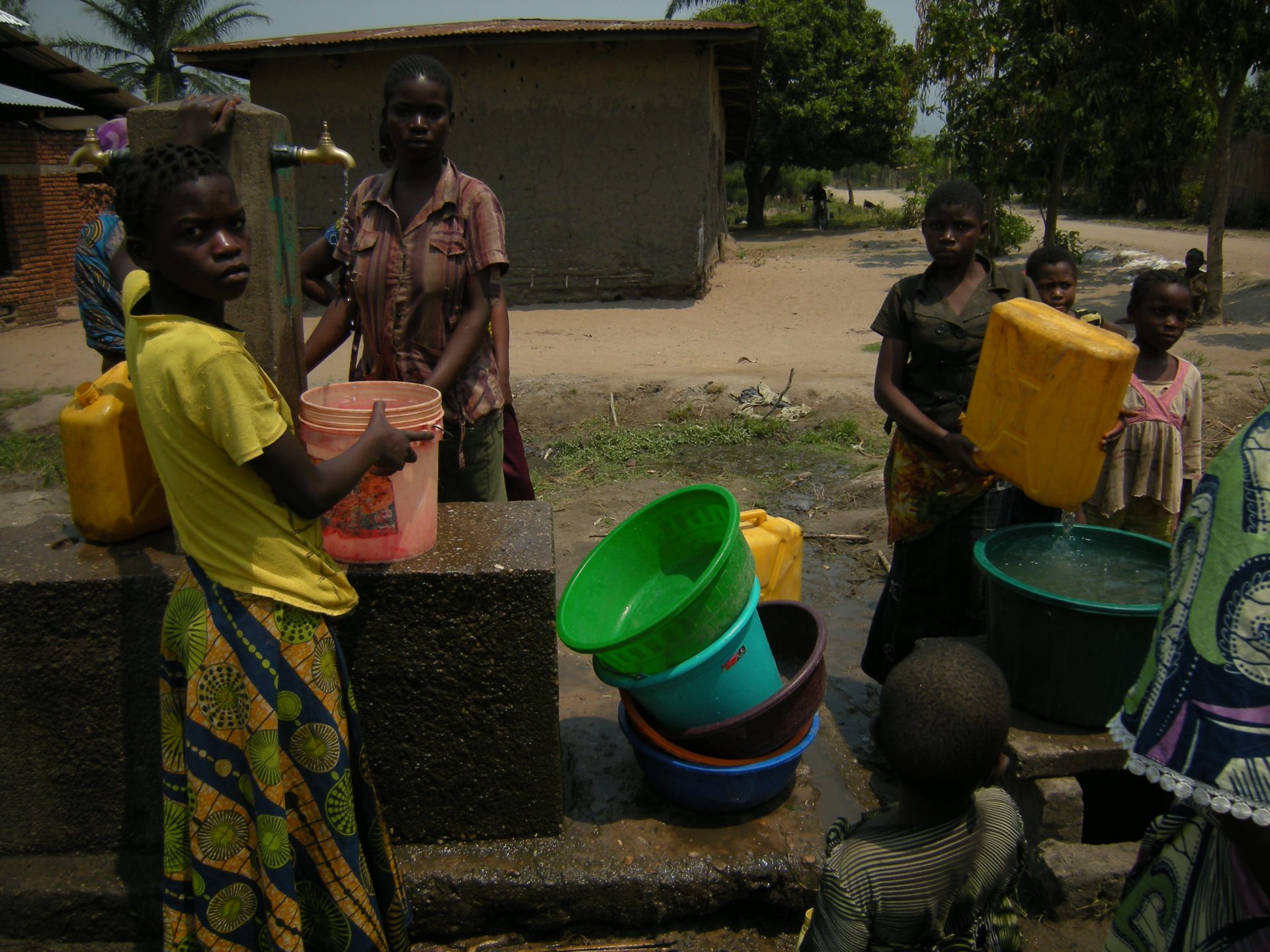A decade after introducing the sustainability check tool, UNICEF has developed an advanced version to move from project-based sustainability checks towards sector-wide sustainability monitoring. Building from past experience, the new tool is a key strategic shift for increasing accountability and long-term impacts in the WASH sector.
Ensuring lasting impacts of water, sanitation, and hygiene (WASH) programme investments is vital and equally complex. There is a need not only to invest more in delivery of WASH services, but also understanding how those services benefit communities and ensure survival of children. Such an advancement can help to meet the objectives of Sustainable Development Goal 6 (clean water and sanitation for all). A decade ago, UNICEF developed the sustainability check tool, which is now implemented across 34 countries. The tool has managed to put WASH services on global and national agendas, and enabled programmes to deliver more long-term outcomes such as durable infrastructure, operations and maintenance and accountability mechanisms.
The tool showed, however, some weaknesses. The new version of the sustainability check guidelines focus on a sector-wide approach rather than individual projects. It therefore moves away from the traditionally resource intensive sustainability checks. The tool allows a higher level of accountability from service providers and local authorities. In addition, the sector-wide sustainability checks use a climate-resilience lens while also addressing the sustainability of urban WASH infrastructure and services.
Building on previous experiences of sustainability monitoring, the tool provides guidance on designing and implementing sector-wide sustainability checks. The advantage is to obtain information beyond the pure functionality of services and social norms. It looks at other elements that affect long-term sustainability of water and sanitation services.
The tool is complementary to other tools such as the WASH BAT – or the most recent WASH Reg – and aims to help deliver UNICEF’s ambition to strengthen sector-wide capacity to deliver lasting services while leaving no one behind.









